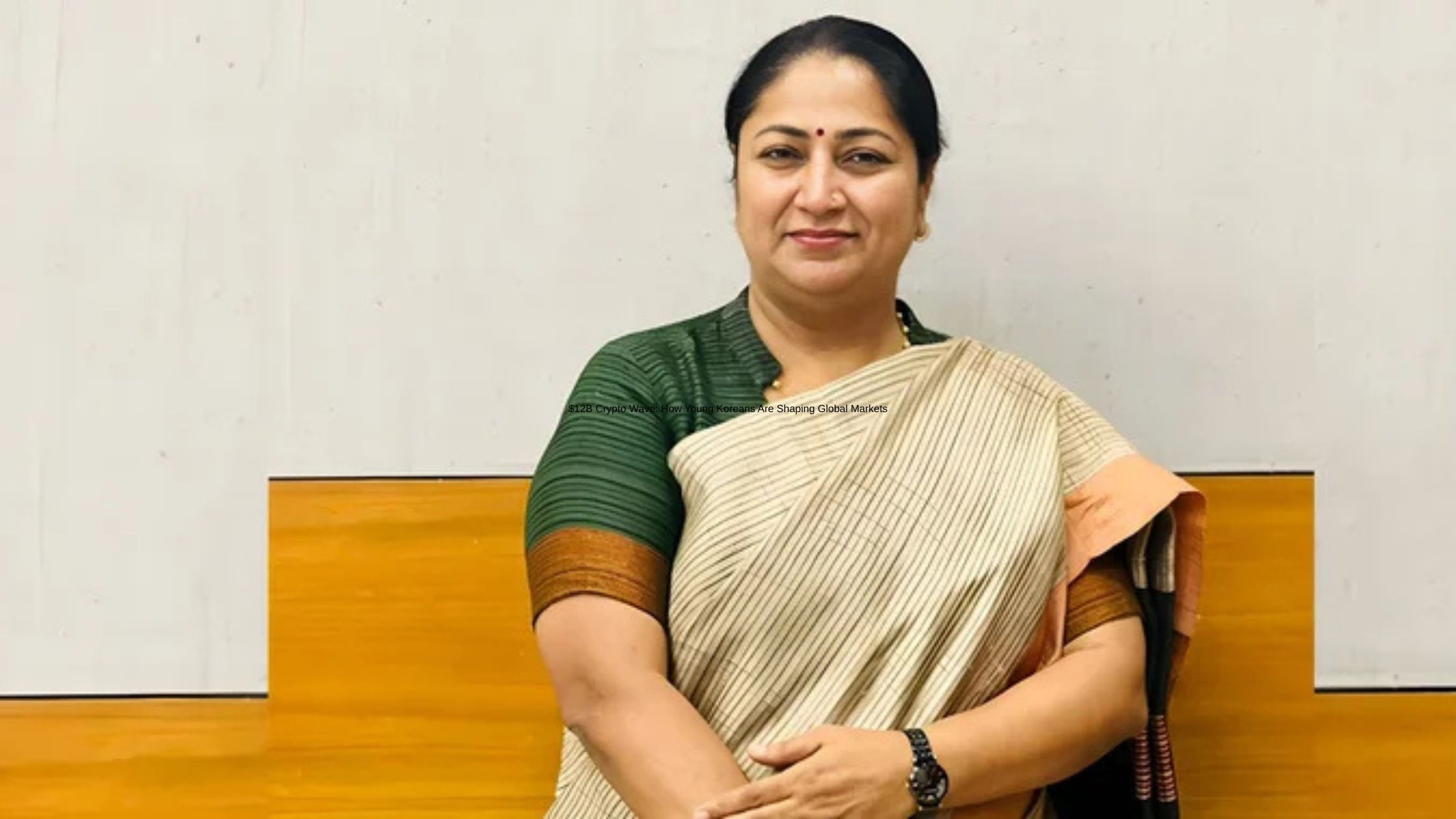AsiaTechDaily – Asia's Leading Tech and Startup Media Platform

India Launches Startup Policy Forum to Drive Innovation and Policy Reform
India’s startup ecosystem has launched the Startup Policy Forum (SPF), a platform aimed at encouraging collaboration between entrepreneurs, policymakers, and regulators. Officially unveiled on December 5, 2024, this alliance advocates for the interests of leading startups and supports government initiatives to promote innovation.
In its initial phase, SPF will limit membership to 100 startups, with 30 prominent names already on board. Industry leaders such as Razorpay, CRED, Pine Labs, Groww, Acko, OYO, and Swiggy have joined the Forum, showcasing its appeal among top players. By bridging the gap between stakeholders, SPF aims to create a thriving ecosystem for high-growth companies and advance India’s emerging sectors.
The Startup Policy Forum (SPF) is the brainchild of Shweta Rajpal Kohli, a public policy expert with over 25 years of experience spanning venture capital, technology, and media. Kohli highlighted India’s emergence as a global hub for innovation, attributing it to the government’s focus on strengthening the startup ecosystem and the stability provided by sound macroeconomic policies. She emphasized that SPF aims to bring together visionary founders to collaborate with policymakers and regulators to drive impactful policy reforms.
To drive sector-specific policy development, SPF has established four dedicated councils: the Fintech Policy Council (FPC), the Consumer and Commerce Council (CACC), the Emerging Tech & AI Council (ETAC), and the New-Age Public Companies Council (NPCC). These councils will work closely with regulators and stakeholders to address critical issues and explore growth opportunities within their respective domains. Additionally, SPF plans to form advisory and mentor boards featuring global thought leaders to provide strategic guidance and enhance the Forum’s initiatives.
Union Minister of Commerce and Industry Piyush Goyal lauded the initiative, highlighting its potential to strengthen India’s global leadership in emerging industries. He noted that startups are driving transformative changes by democratizing business and creating employment opportunities.
He described SPF as a crucial step toward reinforcing India’s global leadership in emerging sectors and contributing to Prime Minister Narendra Modi’s vision of becoming a developed nation, or “Viksit Bharat,” by 2047.
India’s world’s third-largest startup ecosystem has over 100 unicorns and numerous fast-growing ventures, reflecting its maturity in scale and influence. Initiatives like Startup India, Digital India, and Digital Public Infrastructure (DPI) have provided a strong foundation for innovation.
With startups now entering high-growth phases, the SPF’s formation is timely. The forum aims to create supportive regulatory frameworks and collaboration among founders, policymakers, and regulators. Its efforts aim to strengthen India’s position as a global innovation hub and drive economic progress in a rapidly digitizing world.



